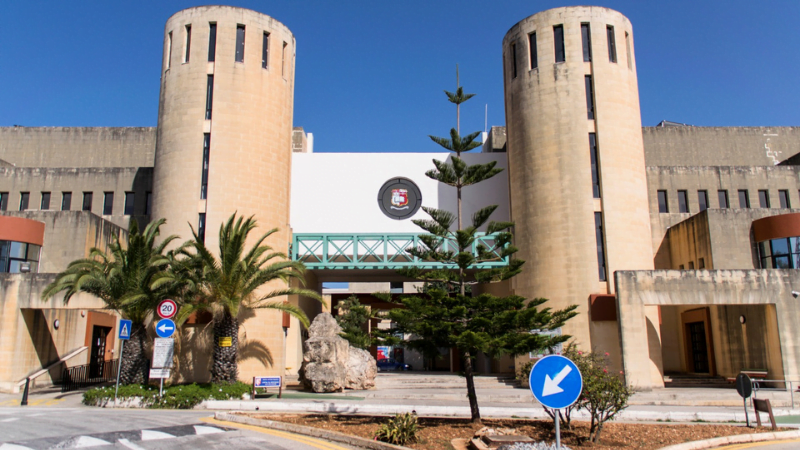A student stipend ‘reform’, which Prime Minister Robert Abela described as a ‘strategic decision’, is more of a tweak aimed at increasing the stipend related to specific career-oriented courses such as those in health and technology and others where Malta lacks skills, The Shift was informed.
Sources close to the ongoing discussions described the so-called reform as a ‘tweak’ to the current system, where some courses will have more incentives to attract more students. The sources said that no cuts are envisaged to the current cost of stipends, which are expected to reach some €33 million by the end of the year.
“What will happen is that some stipends will be increased further so that more is given to courses needed in our economy,” they said.
During a Labour Party event in Mellieħa last Sunday, Prime Minister Robert Abela announced a three-year reform which he claimed would incentivise students to study and prepare for an economic transition. He claimed the change would help lead to an economy “from the Maltese to the Maltese”.
During the 2022-2023 academic year, the government spent €33 million on students’ stipends, up €10 million over ten years since 2013.
Contacted by The Shift, Kunsill Studenti Universitarji (KSU) president Jeremy Mifsud Bonnici said the changes resulted from discussions held within the Education Ministry’s Students’ Maintenance Grants Board, on which KSU has a seat.
He said the stipends reform would see an incentivisation of specific courses.
Mifsud Bonnici said the impacted courses would be varied, ranging from “technologies to sciences, climate and maritime.”
The government has not made the full list available to KSU or the public. Mifsud Bonnici said that the government “did not want to do so before a future press conference announcing the exact changes.”
Currently, Malta’s stipend system already differentiates between general and prescribed courses. Students enrolled in general courses receive €102 every four weeks for ten months, a one-time grant of €466 and a yearly grant of €567.
Students in prescribed courses, which include sciences, IT, business, engineering and some health courses, have their stipends bumped to €178 every four weeks for ten months, a one-time grant of €699 and a yearly grant of €799.















There are no cuts because an election is coming. The government’s spending is unsustainable.
Prime Minister – May I ask you whether you have carried out a survey with aspiring students whether a slightly better stipend changes their mind as to which profession they would choose? In my opinion it doesn’t.
This is only a way of imparting the ‘money talks’ principle as against one’s natural choice.